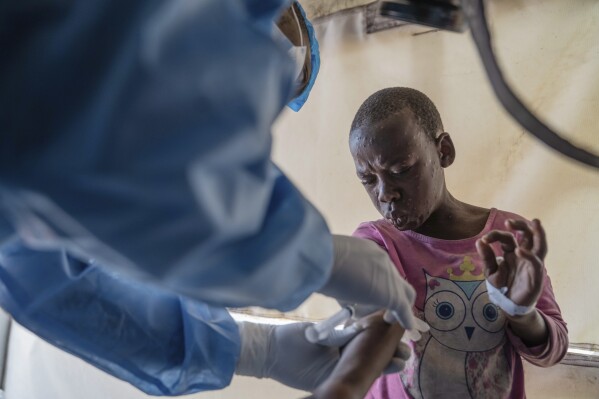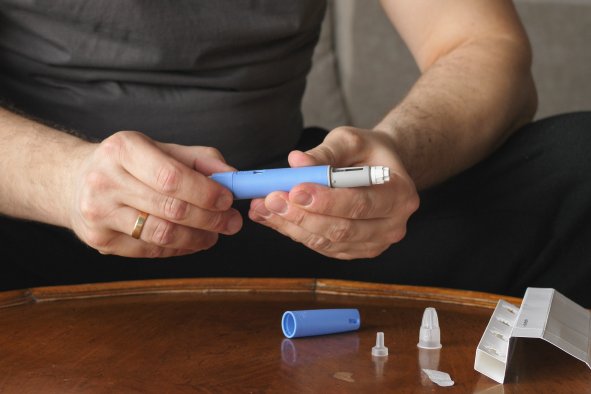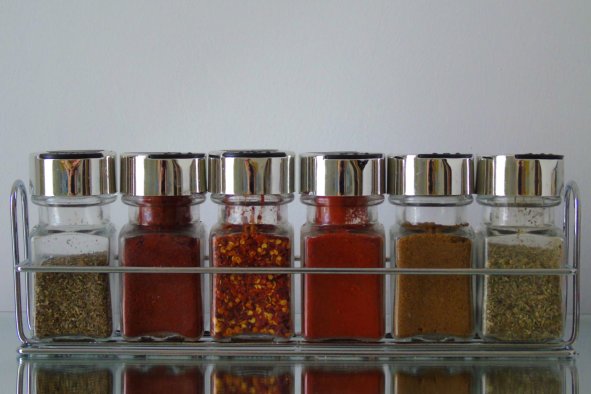A recent survey reveals that baby boomers are significantly lagging behind younger generations in their idea of sun protection.
Despite growing awareness of the dangers of UV exposure, the older generation's reluctance to adopt daily sunscreen use remains a generational habit.
The survey was commissioned by the Melanoma Research Alliance (MRA) and administered by Talker Research, who spoke to 2,000 Americans about their sun care between Aug. 3 and August 8.
Over a third of Gen Z respondents reported wearing sunscreen daily, compared to about a fifth of older generations.
"There are many common misconceptions about the importance of sunscreen and protecting your skin from the sun," says Dr. Marc Hurlbert, CEO of MRA.
"No matter if it's a sunny or cloudy day, if you plan to stay indoors, or if you're sitting by a window, in a plane, or in a car, it's important to wear sunscreen daily—all year round—to protect yourself from harmful rays that can cause melanoma."
Americans generally don't start taking sun protection seriously until the age of 26, according to the MRA. By this time, significant skin damage may already be done, increasing the risk of developing melanoma and other cancerogenic tissues.
This trend is concerning given the historical context of skin cancer in the U.S. Melanoma rates have tripled over the past 40 years, with the American Cancer Society reporting that nearly 100,000 new cases will be diagnosed this year alone.
One of the most troubling findings of the survey is that baby boomers are more likely to forego sunscreen altogether after Labor Day (Sept. 2), falsely believing that the cooler weather and shorter days reduce the risk of sun damage.
This misconception is dangerous, as UV rays, which cause the majority of skin damage, are present year-round.
Residents of Southern states closer to the equator, like Florida, California, and New Mexico, will know this to be especially true.
Even in colder months, these states' geographic and climatic conditions mean that residents and visitors should be mindful of sun protection.
Despite the chance of a sunburn regardless of the weather, seven in 10 Americans think sunscreen is a "summer essential" while only three in 10 respondents include sunscreen in their "winter essentials."
The survey also found gender distinctions in sun cream applications.
Men, in particular, are less likely to use sunscreen regularly, despite being at higher risk for developing melanoma.
It seems a lack of information on this topic isn't exactly the problem—the majority of those surveyed feel they are correctly informed on what overexposure to UV rays can do to you.
Almost three quarters of Americans said they felt knowledgeable about sun protection, and 81% felt properly informed about the risks of melanoma skin cancer.
This outcome suggests people think they're doing enough to keep their skin safe in light of the risks, but the reality is that Gen-Z are the only generation that even come close to adequately protecting themselves.
As social media and digital platforms become primary sources of information for younger generations, baby boomers may be missing out on crucial educational content about sun protection. Those accumulating guidance from social media cited TikTok, YouTube, and Facebook as key content sources.
Disclaimer: The copyright of this article belongs to the original author. Reposting this article is solely for the purpose of information dissemination and does not constitute any investment advice. If there is any infringement, please contact us immediately. We will make corrections or deletions as necessary. Thank you.




